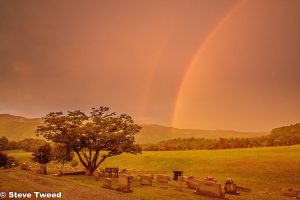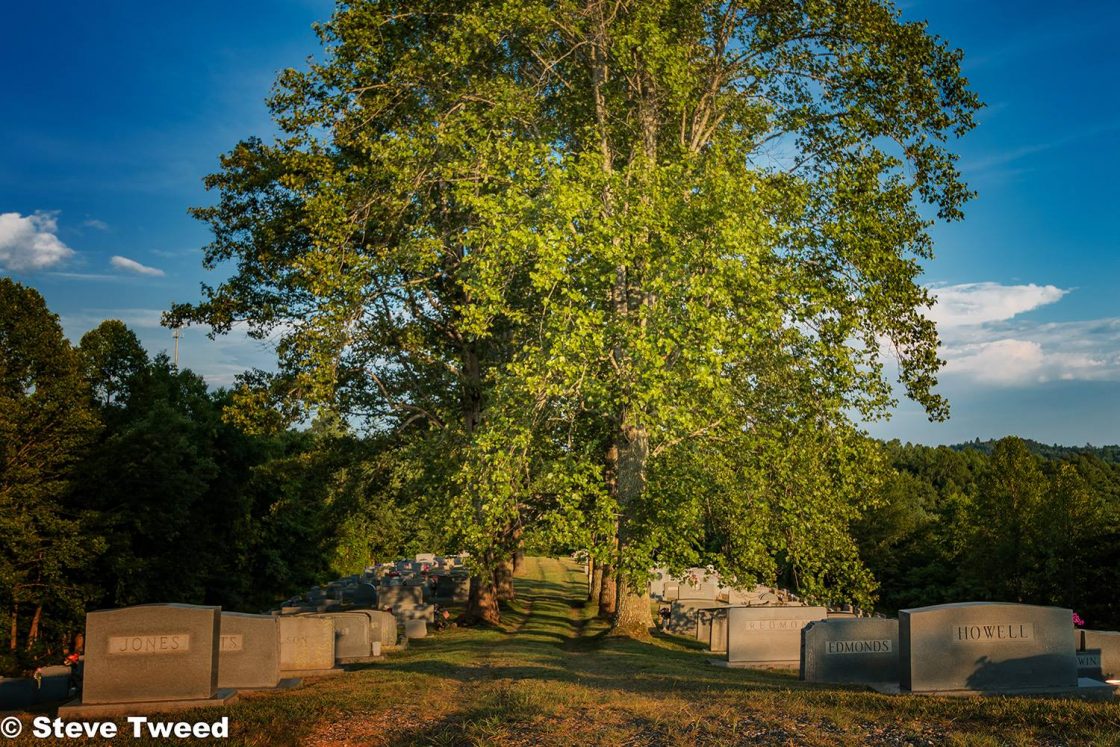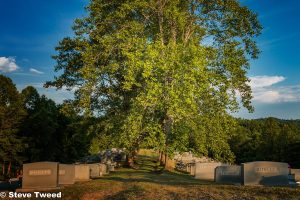Hi, Folks!
Have y’all ever noticed how much of our ancestors works are so deceptively subtle yet so glaringly obvious when you stop and think about it? The proverbial ‘can’t see the forest for the trees?’
 It’s everything from the way boards are placed on the side of a barn to the positioning/location of a pond. They just assumed that the reasons as to why would be known and passed down through the generations of their individual blood lines.
It’s everything from the way boards are placed on the side of a barn to the positioning/location of a pond. They just assumed that the reasons as to why would be known and passed down through the generations of their individual blood lines.
They have left traces of their lifestyles, knowledge and religious beliefs all over the landscape of Appalachia. The artifacts, core beliefs and folklore handed down are unmistakable.
To ignore or refute these is to deny our ancestors existed.
Most of our earliest ancestors in Appalachia arrived in the late 18th or early 19th centuries.
A new country in its infancy, America was experiencing a ‘Religious Renaissance’ of sort.
Something that led me to discover this fact occurred to me some time back while wandering through an old abandoned family cemetery, one of my favorite activities.
On that particular day, I had a Eureka! moment, realizing that all of the headstones were facing east. After pondering it for a while, I realized that almost every cemetery I could think of had all of the headstones facing east.
I instantly thought of a Bible verse I remembered from Sunday School, Matthew 24:27, “For as the lightning cometh out of the east, and shineth even unto the west; so shall also the coming of the Son of man be.”
They were preparing to head for Heaven, waiting on Jesus Christ.
 Before me lay generations of people who both faced and endured unimaginable trials & hardships. However, they did so with intestinal fortitude and a resilience that is rarely seen in today’s technologically ‘advanced’ world. They did so as family, friends and neighbors; words which are taken too lightly and for granted today.
Before me lay generations of people who both faced and endured unimaginable trials & hardships. However, they did so with intestinal fortitude and a resilience that is rarely seen in today’s technologically ‘advanced’ world. They did so as family, friends and neighbors; words which are taken too lightly and for granted today.
Together, they helped forge a nation and develop a lifestyle that has left an indelible mark on the fabric of the American landscape. They did so with a hope for today and a belief in tomorrow; not just theirs but ours as well.
As the November wind whipped my poplin jacket the true chill of the moment found its way to my bones while I was standing over theirs. I was embarrassed and ashamed of myself. I was embarrassed and ashamed for the selfish world we live in today.
We would be just as well off to spit on their graves. I can’t speak for us. Our ancestors cannot speak for themselves.
However, the stones don’t lie.



